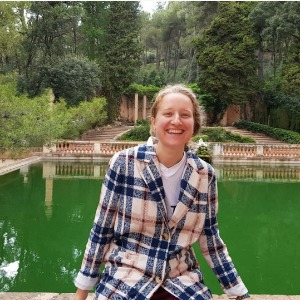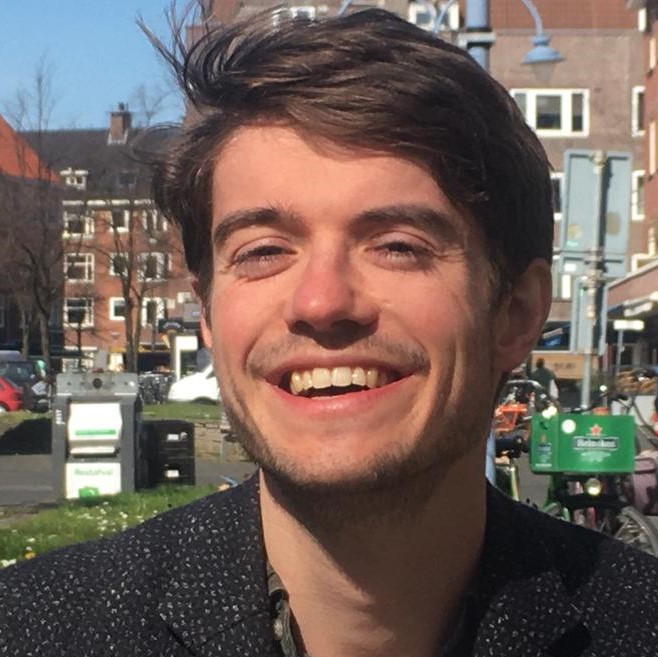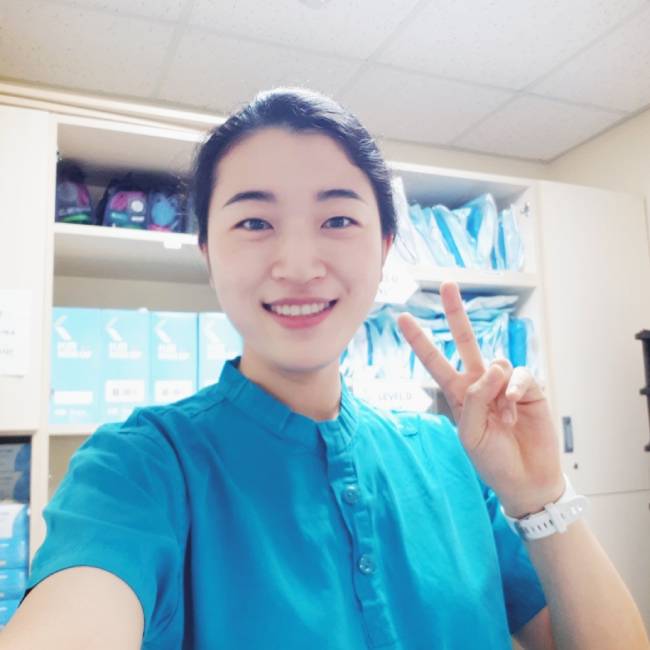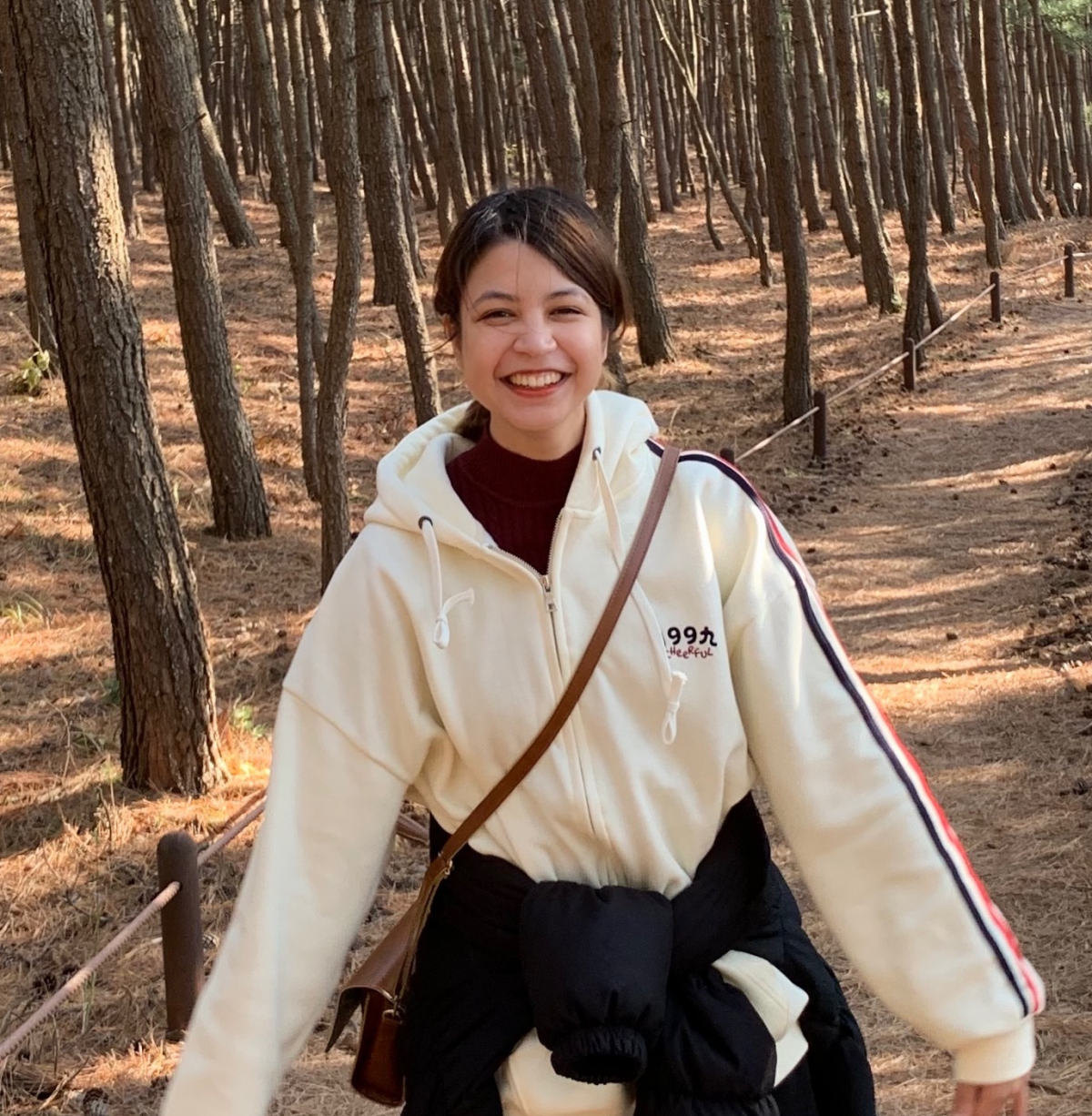COVID-19 And the Discussion it Brings
Apparently there are differences in the preferences country-wise of “hamstering”, a verb that has become most prominent these days, describing the built-up stock of commodities, food, and beverages. Rumour has it, that France is now short on condoms and wine for example, whereas in Germany it is definitely pasta and…wait for it…toilet paper. I am not sure what this tells about the different mentalities but let it be open to imagination.
Germany, Western Europe
Story by Mira Kinn
Published on April 8, 2020.
Reading time: 4 minutes
This story is also available in 

Listen to this story:
2020- the year of the rat in the Chinese zodiac, and ironically, like its real-life pendant, it will be associated with transmitting disease: COVID-19. Slowly, and silently it was perceived in Europe as something from the East, underestimating our new ever-dense global network, until it exploded with a big bang. This virus did not just illustrate our global interdependence but detected the local injustices globally as well, like an intensifier:
The luxury to even work from home or being isolated, as it is only possible for some privileged groups, the outsourcing of production of many goods, like the currently, most valuable masques which became a rare commodity and are even stolen from hospitals, as well as in some countries to even have health insurance at all. Most and foremost the emergence of the word “systemrelevant”* describing jobs that are suddenly recognized as absolute necessity to help maintain our society, such as nurses and cashiers, but until the outbreak have not had much respect in terms of societal appreciation and simply the paycheck.
Voices become louder of a transformation of the health system, even here in Germany where the death toll (1.017) is “relatively low” in comparison to the numbers of infected people (79.696) on April 4th and countries like Spain (10.003) and Italy (14.681). In any case, shocking numbers for a virus, a killer that seems to have emerged from nowhere, an until then unknown threat.
Here, in North-Rhine Westphalia (one of the federal states in Germany), there is no complete lockdown ordered by the government (yes, there are different rules for the municipalities on how to handle COVID-19, which doesn’t make it less confusing), but rather a contact lock for more than two people – luckily for the sanity of people it seems, that are struggling so much in isolation, after all, humans are social animals, aren’t we? Whereas others are privileged to become creative with digital possibilities like “Netflix Party”, virtual house parties or readings, etc. Options I use a lot, to still feel connected somehow.
It seems to me, that people are confronted with their biggest fears by this virus, the most existential ones: next to death, and loneliness, to have enough in stock to eat.
Apparently there are differences in the preferences country-wise of “hamstering”, a verb that has become most prominent these days, describing the built-up stock of commodities, food, and beverages. Rumour has it, that France is now short on condoms and wine for example, whereas in Germany it is definitely pasta and…wait for it…toilet paper. I am not sure what this tells about the different mentalities but let it be open to imagination.
I have seen a TV report showing how a bakery changed from wedding cakes to toilet-paper-cakes, a joke at first, it became a big hit. These kind of topics seem to have emerged in everyday small-talk: “How do you deal with corona, what is your stance on it?”.
Things after the virus won’t be the same anymore that is for sure. Some argue and fear that emergency measurements like “geo-tracking” will be implemented and might stay even after. Others hope for “positive reforms” in the health sector, lasting possibilities for home office or the trial of a basic income guarantee. As an optimist, I would hope that this crisis could open new doors of collaboration between nations and new windows of thinking afresh about the future.
*In Engl.: System relevant, Dutch: Vitaal, Norwegian: Samfuunskritisk, Spanish: Relevante para el systema, French: Pertinent pour le système etc.
How does this story make you feel?
Follow-up
Do you have any questions after reading this story? Do you want to follow-up on what you've just read? Get in touch with our team to learn more! Send an email to [email protected].
Talk about this Story
Please enable cookies to view the comments powered by Disqus.
Subscribe to our Monthly Newsletter
Stay up to date with new stories on Correspondents of the World by subscribing to our monthly newsletter:
Tags
Topic: Coronavirus
> Netherlands
Corona in Amsterdam - an Experience From a 24-year Old
A story by Joost Backer
4 min English Audio available
I suddenly find myself going on strolls through the park with friends, doing board games at home, or talking to my neighbours almost every morning from our balconies. It’s a weird situation. But thankfully for me, not necessarily a bad situation. Read more...
> Austria
Same Same but Different
A story by Julia Schmidbaur
4 min
My generation of Austrians has never experienced truly „rough times“. Of course, we heard from our grandparents about the Second World War, about a time when Austria had to build itself up from scratch. But those were stories. Read more...
> South Korea
Chronicles of an ICU nurse during Covid-19: The Shortage Issue
A story by Lee Jayoung
4 min
As an Intensive Care Unit nurse in a major state hospital in Seoul, I have been particularly confronted with problems of shortage: shortages of staff, of facilities and of adequate equipment. Read more...
Explore other Topics
Get involved
At Correspondents of the World, we want to contribute to a better understanding of one another in a world that seems to get smaller by the day - but somehow neglects to bring people closer together as well. We think that one of the most frequent reasons for misunderstanding and unnecessarily heated debates is that we don't really understand how each of us is affected differently by global issues.
Our aim is to change that with every personal story we share.
Community Worldwide
Correspondents of the World is not just this website, but also a great community of people from all over the world. While face-to-face meetings are difficult at the moment, our Facebook Community Group is THE place to be to meet other people invested in Correspondents of the World. We are currently running a series of online-tea talks to get to know each other better.























